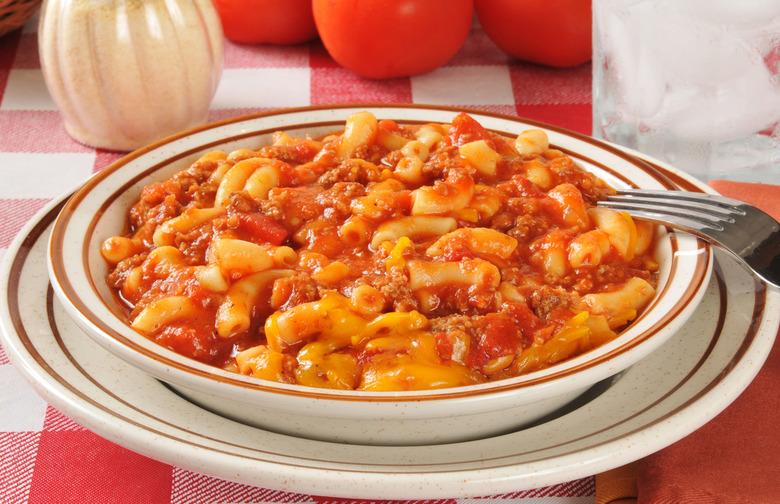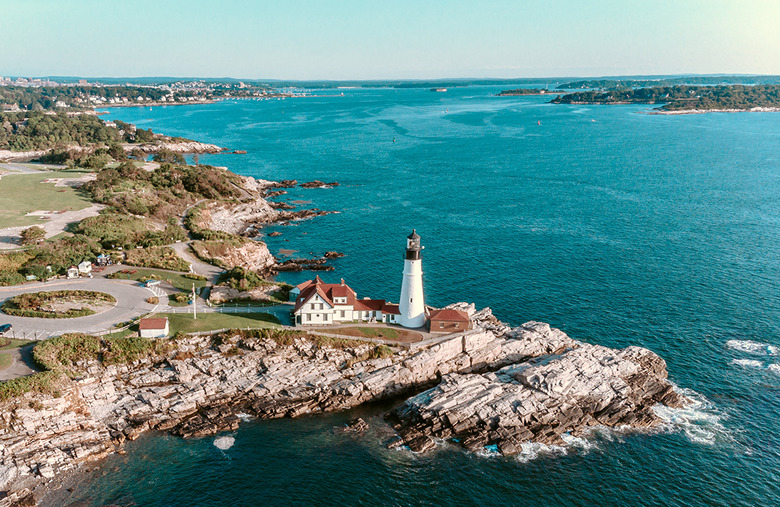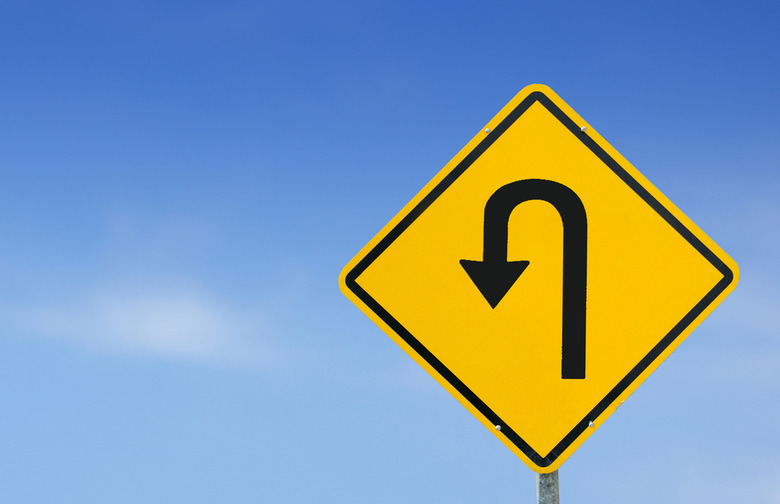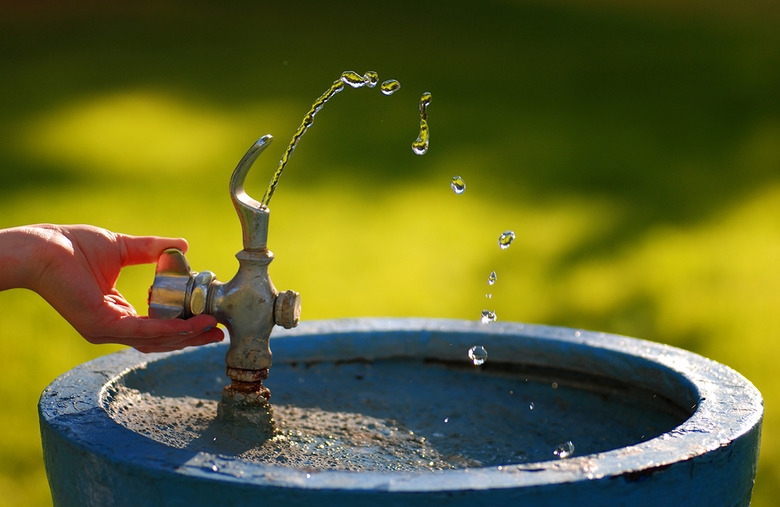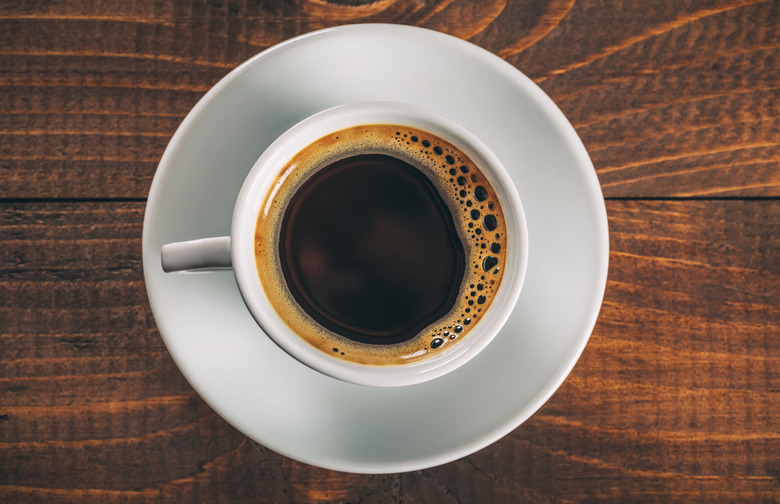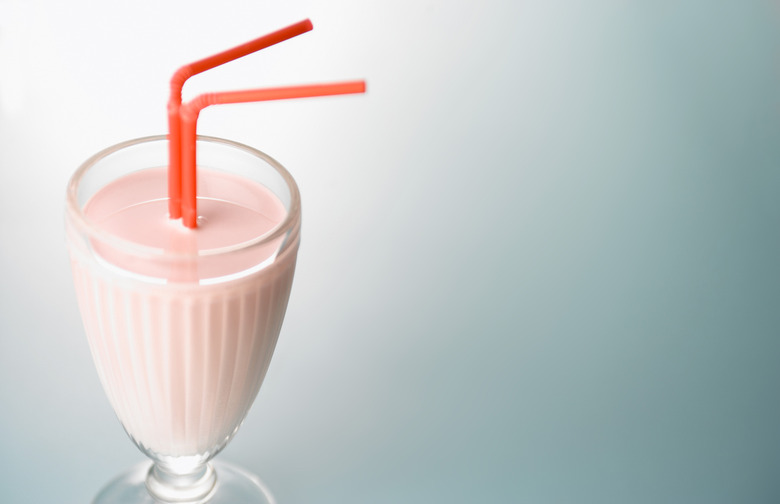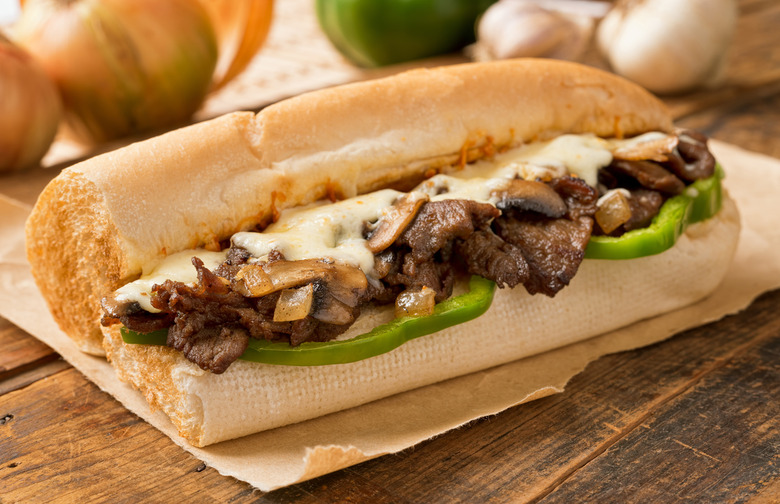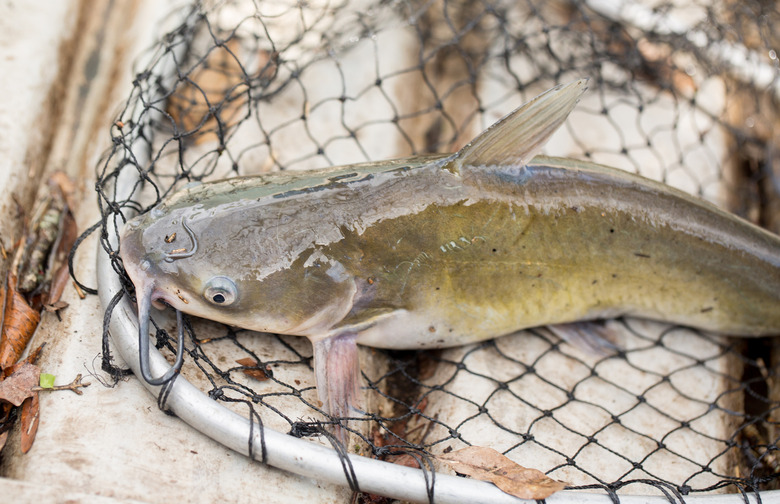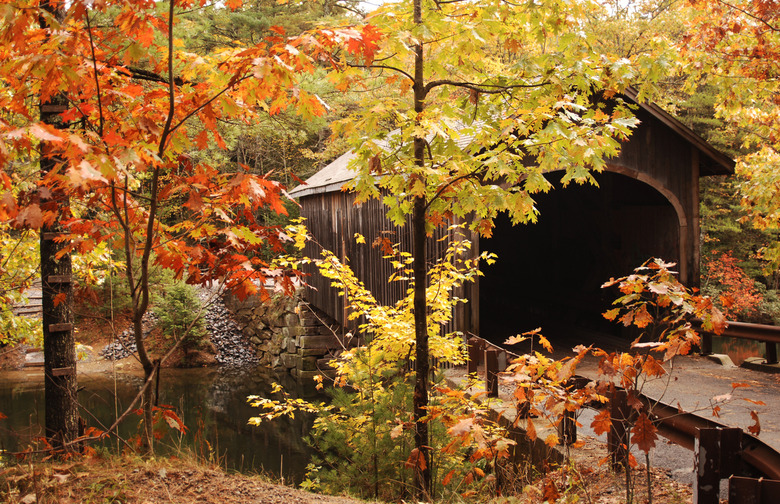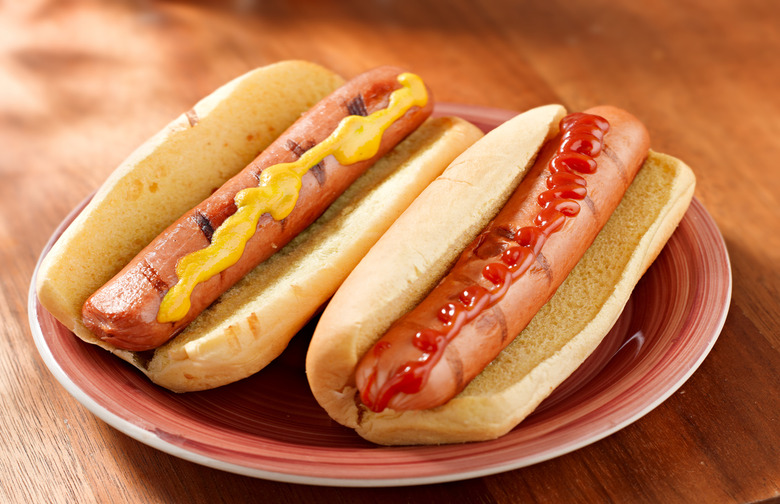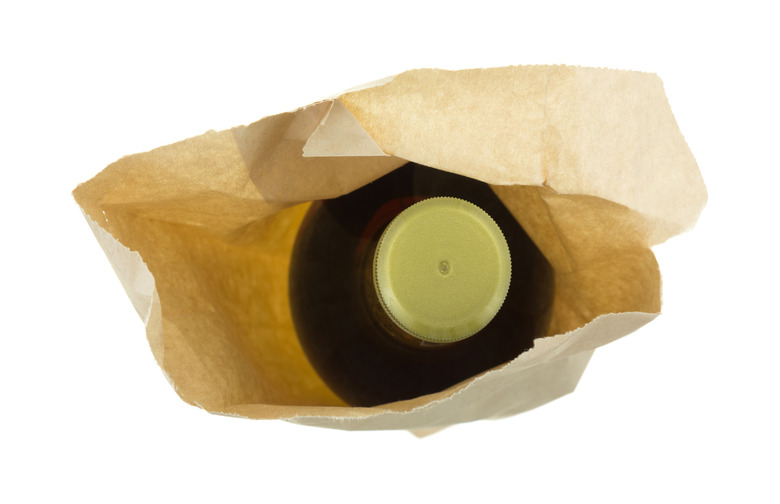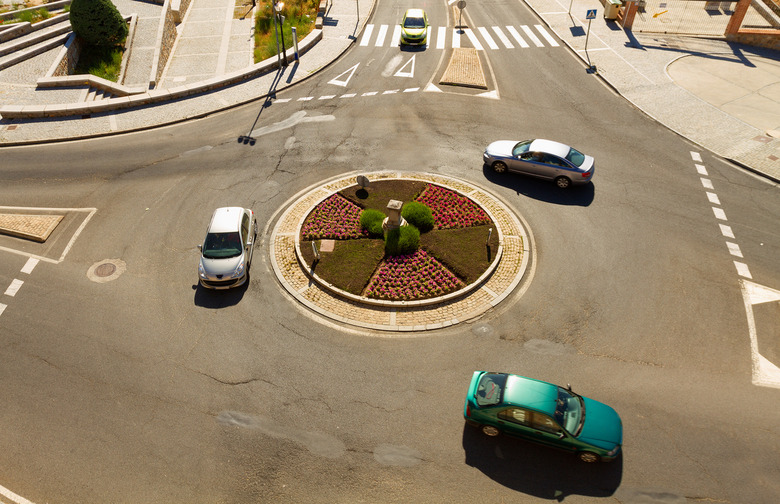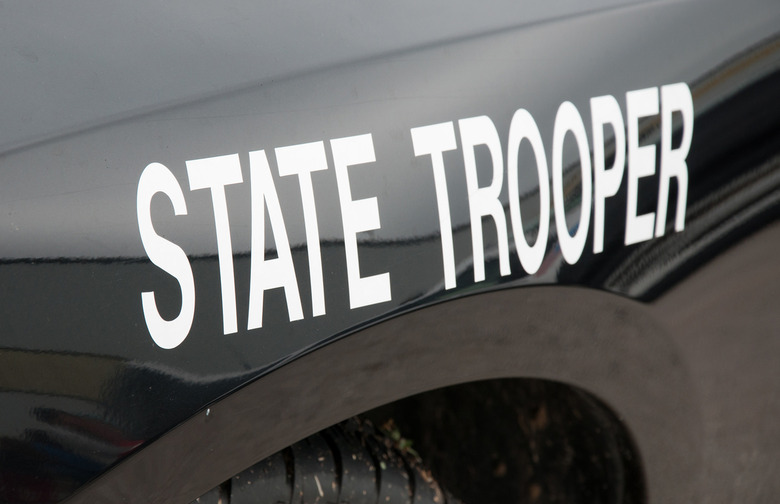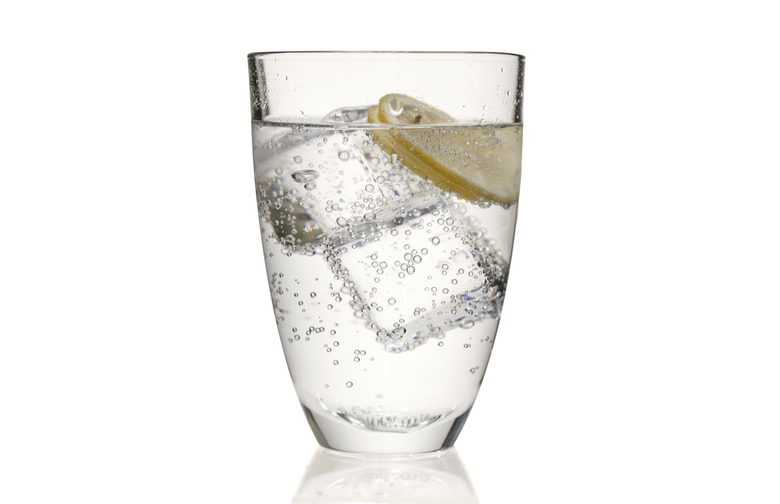20 Things Only People From New England Say (Slideshow)
“American Chop Suey”
We've probably all had elbow macaroni, beef, and tomato sauce mixed together (maybe with a bit of onion and green pepper), but usually just call it "beef and macaroni" or maybe "beefaroni." In New England, it's "American chop suey."
Click here for an American chop suey recipe you can make at home. Especially if home is New England.
To be honest, I was in total disbelief regarding this term at first, but I showed a photo of the dish to two native New Englanders, and they supplied this odd name without flinching.
“Ayuh”
Shout-out to all the Mainers out there! If you've ever visited America's easternmost state, or simply read a Stephen King novel, you might know that folks from Maine have another way of agreeing or saying yes: "ayuh." Just be sure, for true accuracy, to pronounce the "A" as if you're saying the name of the letter. This term is one of the most Maine things you can possibly say, along with telling someone (while giving directions): "You can't get there from here."
“Bang a Uey”
If you ask directions when going the wrong way, most locals would tell you to make a U-turn. In New England (especially Boston), you might hear someone instead instruct you to "bang a uey." As in, "Fenway Pahk? Bang a uey and head down the road a piece."
“Bubbler”
I have a confession, folks. Some parts of the Midwest also use the term "bubbler," and I even included it in my aforementioned Midwest article. However, I'd feel like I am cheating the good people of the New England if I didn't point out here that they also call water fountains "bubblers." Of course, with the accent, they'd actually call it a "bubbla."
“Carriage”
Most people know that thing in which you put your groceries as a "shopping cart" or just a cart (unless you're from England, then it's a "trolley"), but some New Englanders refer to it as a "carriage" instead. Don't be thinking that locals in the region are known for fancying up their words, however — as you'll find out, most the slang is actually meant to make words simpler or more like nicknames.
“Coffee Regular”
Go into a coffee shop anywhere outside of New England and order a "coffee regular" and you'll likely either receive a black coffee or the question, "How would you like it?"
Click here to read about 11 diseases coffee can help prevent.
While regular means non-decaf to most people, New Englanders are actually asking for a coffee with cream and sugar — which can lead to confusion, as this article points out. Exactly how much cream and sugar, however, is debatable. The most common is cream and two sugars, but this can vary slightly from state to state.
“Elastic”
Elastic is a word almost always associated with clothing. An elastic band, for instance, is what keeps sweat pants or gym shorts from falling down. However, in New England, "an elastic" is a rubber band. You might occasionally hear it called an "elastic band" (like they apparently say in England, according to our resident Brit), but just saying "elastic" will do the job.
“Frappe”
In New England, if you want to order a milkshake, you'll need to ask for a "frappe."
Click here for our list of America's 17 best milkshakes.
Request a "milkshake" and you'll just end up with milk and syrup blended together, without any added ice cream. In order to get that frozen goodness, you'll have to ask for a frappe. But don't get all fancy and call it a "fra-pay" or "frappé" like you're from France, though; in New England, it's pronounced "frap."
“Grinder”
Although you might be just as likely to hear a submarine sandwich in New England called a "sub" as anywhere else, New England has an additional term: "grinder." No, not the dating/social networking app, but a New England word that either referred to the Italian-American slang term for a dock worker or the fact that it took a lot of chewing to eat the hard crust of the bread. It's worth noting that some only use the term grinder for a hot sandwich — using sub for other large sandwiches — and some call them all grinders.
“Hornpout”
I can honestly say that I've never heard the word "hornpout" in my life before writing this article. When I learned it's another term for catfish, something with which Northeasterners are very familiar, I was in complete disbelief.
Click here for our best catfish recipes.
The term is generally geographically limited to New Hampshire, where it is ubiquitous. Just to be sure, I asked a New Hampshire native if there's any special term for catfish fishing, and he instantly replied, "Hornpoutin'."
“Johnny”
My fiancée has worked in hospitals for 12 years, and she's never known a gown as anything other than a gown. Yet somehow, for some reason, folks from New England have a nickname for it: a "Johnny." How the name came about is something of a mystery, but it originated in Boston-area hospitals circa the early 1900s. Although you're not likely to hear the name outside of New England, it has at least spread beyond Boston's city limits, as my friend from Rhode Island (who works in healthcare) is quite familiar with the term.
“Leaf-peeper”
People in northern states tend to take for granted how beautiful changing leaves are. In fact, it can be somewhat of an annoyance to them, as out-of-state tourists will annually invade their territory to watch this fall event. New Englanders got so annoyed that they created a term for these types of travelers: "leaf-peepers" or sometimes just "leafers."
“Masshole”
June 24, 2015, was a historic day for New Englanders: It was the day "Masshole" was added to the Oxford English Dictionary and became an official word. Of course, in this region, it's been a common portmanteau for some time, as there's no better way to describe the rushing, tailgating, aggressive style of Massachusetts drivers. And it's not just an insult, as some natives wear the term as a badge of pride. Back in 1996, the Boston Globe helped in the coinage of the word in an article titled "Attitudinal Dynamics of Driving." The story began by giving an example situation for local drivers, asking them to think about what they'd do if approaching an intersection full of people as the light turned yellow. The very first option? "Floor it, weave around pedestrians, and flip a finger as you do." That, ladies and gents, is a true Masshole. But hey, this style of driving isn't without its advantages. As a local bumper sticker reminds other cars: "If you drove like a Masshole, you'd be home by now."
“New York System Hot Wiener”
The signature hot dog of Rhode Island has two different names, the "hot wiener" and the "New York System wiener" (or you can combine them both and say "New York System hot wiener"), and we refuse to accept that these were the best monikers out there. The former name exists because the small, thin, veal and pork dog in question is topped with a seasoned meat sauce that includes paprika and chili powder in addition to cumin and allspice. The toppings often also include celery salt, mustard, and chopped onions. The latter term arose from a Rhode Island marketing campaign in the early 1900s that attempted to associate the state's hot dogs with New York's Coney Island.
“Packie”
A "package store" is one that sells bottles of liquor and wine, a term that dates back to the post-Prohibition laws that stated liquor and wine must be packaged up after being purchased and not carried openly in public. Although this wording is used in both New England and parts of the South, the former region owns the slang term "packie," because people there like to give nicknames to everything and everyone.
“Rotary”
You call it a traffic circle or a roundabout; New Englanders call it a "rotary." We get it. And with all the rotaries in New England, locals have earned the right to make up their own name.
“So Don’t I”
Although grammatically incorrect, New Englanders will sometimes use this term in place of "so do I," in a sort of negative-positive. So if someone told you they'll love the Sox until the day they die, another New Englander could reply, "So don't I."
“Statie”
When you use the interstates as much as New Englanders do, you're bound to run into your share of state troopers out there policing the roads. Of course, few people refer to them by the full, proper name, opting for the nickname "statie" or "statey" instead.
“Tonic”
From what I gathered, substituting the word "tonic" for "soda" is beginning to die out.
Click here for 10 reasons you should never drink soda tonic.
However, this is still a thing with which many New Englanders are familiar. And it's not only used as a substitute for club soda or seltzer; it can refer to cola and other sodas, too. Personally, I'm just thankful they don't call it "pop."
“Wicked”
While most of the English-speaking world would use "wicked" only when referring to something evil (after all, it emerged as a pseudo-swear word from Puritan times), New Englanders use it as an alternative to the word "very." As in, "Wicked is a wicked fun word to say." Sure, the occasional outsider might utilize the expression from time to time, but nobody takes it as seriously as those in New England. If you refuse to accept that, you at least won't be able to deny that only people in New England use the term "wicked pissah" for something especially great.

